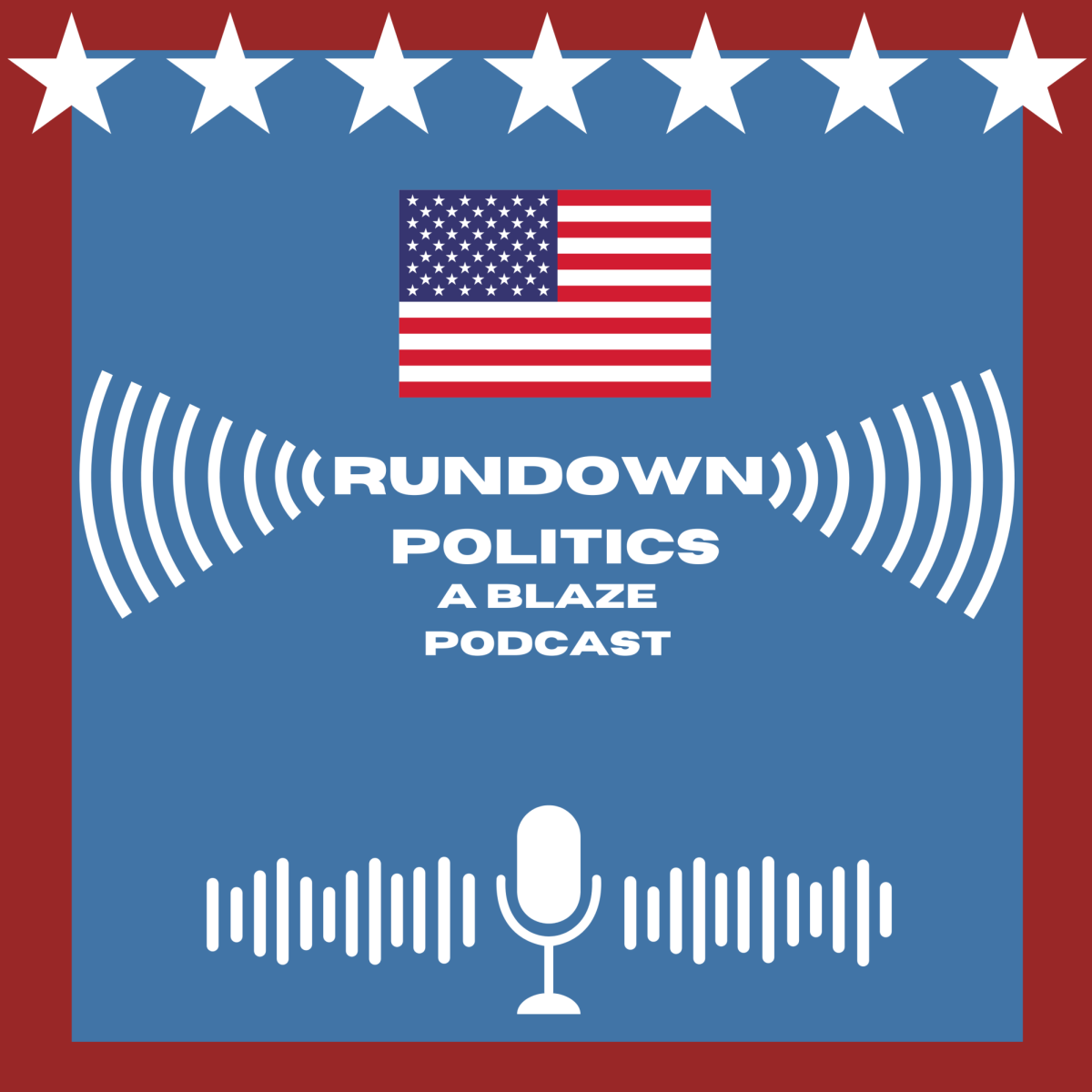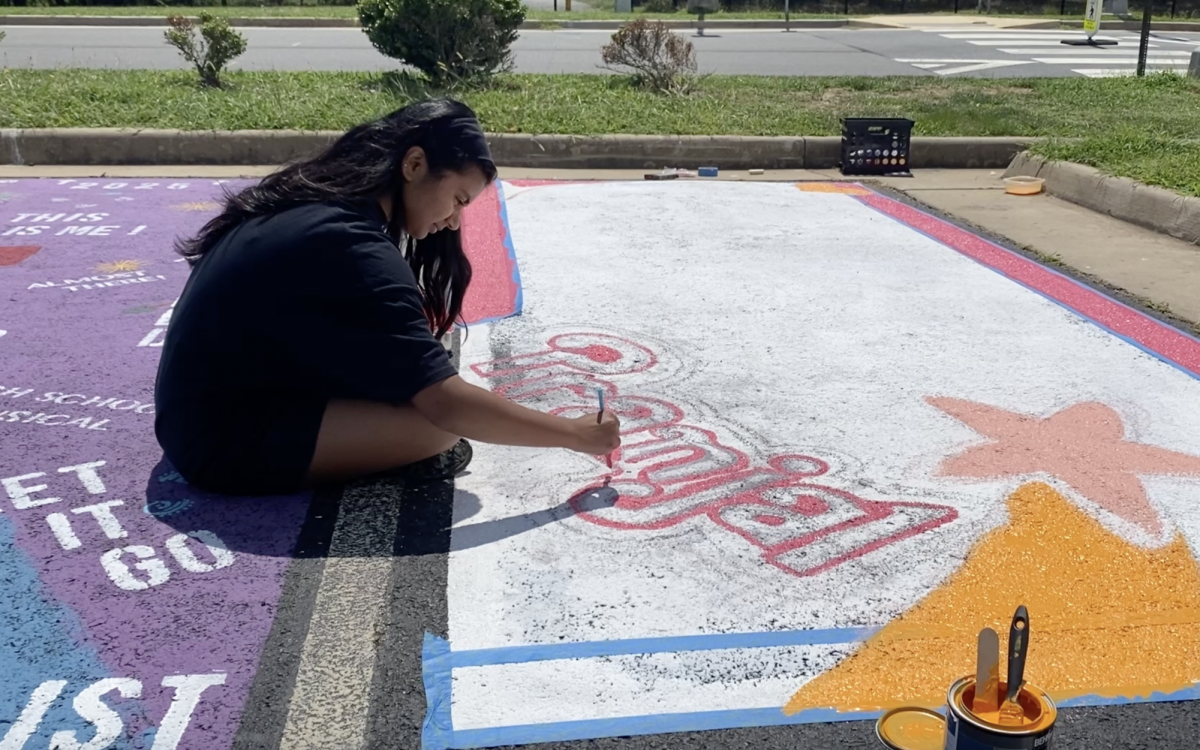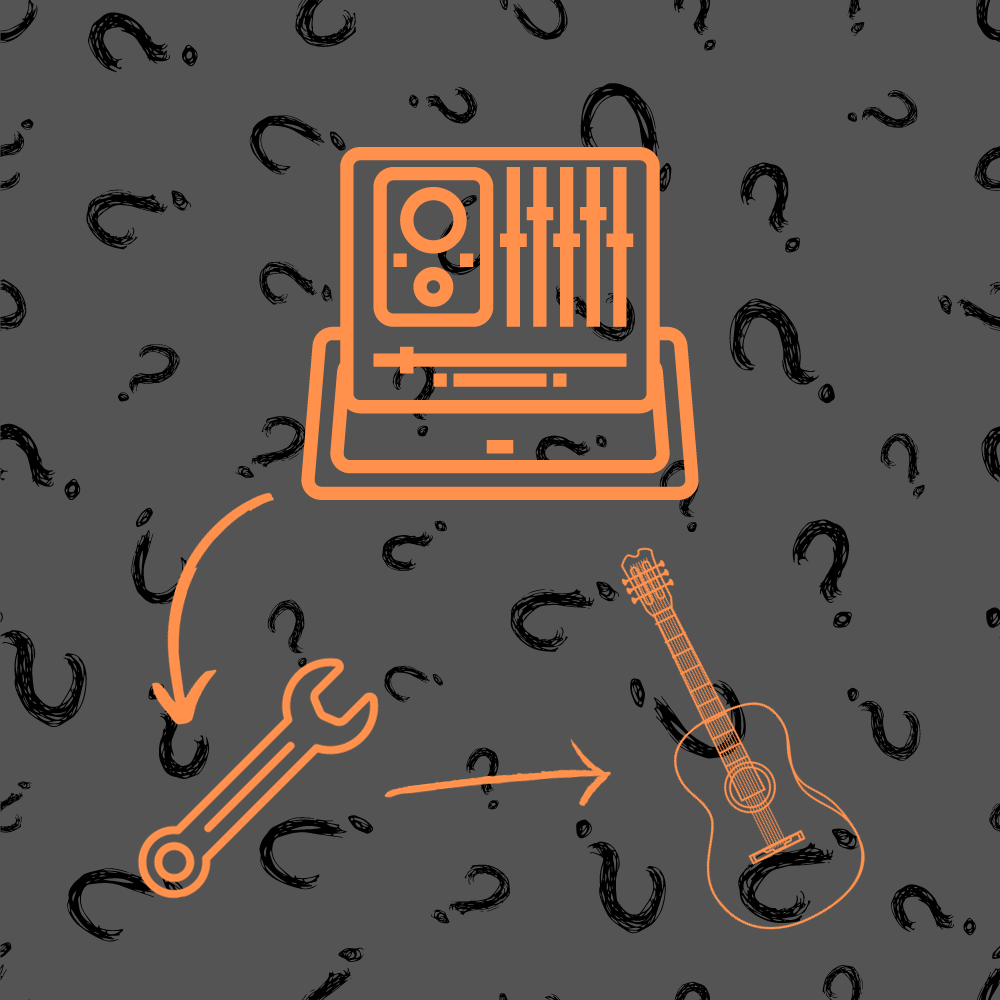Take a moment to log into your phone or computer. Open up your preferred music streaming or sharing system. If you look at the top songs that are trending on that platform, you’ll notice that several of them will have something in common: their use of autotune — but not necessarily for its intended purpose. Following its initial release in 1997, autotune’s function was to correct pitch imperfections in vocals. Though there are still some modern instances of this being the primary use, most modern music has evolved to use autotune in a brand new way, completely transforming vocals as opposed to merely correcting them. When autotune is used in this way, it becomes less of a tool and more of a full-on instrument.
The very first step towards the mainstream adoption of autotune as a whole was Cher’s 1998 hit single “Believe.” This was the first major hit song by a universally recognized artist that used the program, and it would not be the last.
Over time, the tool spread through other genres other than pop. Alternative rock band Radiohead began using the tool in their 2001 project “Amnesiac.” Autotune made a particularly big splash in the hip-hop genre. Hip-hop artist Ye, professionally known as Kanye West, began using the tool frequently, starting with the 2008 album “808s & Heartbreak,” while fellow rapper T-Pain became known almost solely for his frequent use of the tool. In the current era of music, several artists have followed in T-Pain’s footsteps and developed a unique sound around their use of autotune, noteworthy examples of which are Playboi Carti, Travis Scott, and Lil Uzi Vert.
However, that explanation alone doesn’t provide a full picture of how autotune has become a bonafide instrument. So, what’s the deal with that transition? To help explain, we can take a look at some examples of its use in this fashion. On Ye’s 2013 project “Yeezus,” the seventh track, “Blood On the Leaves,” utilizes autotune throughout the entire track, but towards the very end there is a particularly noteworthy section in which Ye’s vocals are very quickly switching between two pitches. This would be impossible without autotune and creates a gateway into a whole new way to utilize vocals in music.
A more recent example, artist Kenyatta Lee Frazier Jr., professionally known as Ken Carson, released the project “A Great Chaos” on Oct. 13 this year. This project utilizes Autotune in such a way that it creates a distorted, electronica sound that also would be impossible to replicate without it.
So why is this happening? Why has this program evolved to be used in the way that it has? The answer we find, however, is not specific to autotune. The tool simply happens to be one of the latest practitioners in the standard evolution of music.
In the musical sphere, once instruments, techniques, tools, or even entire genres and their elements become widely used, artists will adapt them to fit just about any creative need to stand out from the crowd. Once a tool has been used and adapted to a degree artists believe it cannot be innovated further, they move on to the next thing. We can turn to cowbells as a source to witness this pattern. Initially having a purpose separate from music entirely, it spread into the art and got to the point where there were tuned sets of cowbells specifically for musical use. Eventually, they ended up tapering off and were used significantly less as their creative potential flatlined.
Though this natural progression is true of any art form, it rings especially true for music because it is easily the most widely consumed art form in the current era, and by proxy has a strong competitive aspect to it that isn’t as apparent in other art forms.
These shifts tend to be in line with, or are sometimes the direct result of, widespread cultural shifts, as could be seen in the rise of rock & roll music in the ‘60s, when cultural norms were shifting from what would today be recognized as more formal and professional customs to more rebellious and progressive customs. Since then, rock & roll has evolved tremendously, spawning great numbers of subgenres and spreading its musical elements to other genres. The heavy metal band Iron Maiden, for example, is a direct deviation from rock & roll, and hip-hop group The Beastie Boys, a rock-rap group, spawning as a result of rock & roll elements leaking into the hip-hop genre. Autotune is largely considered to be a core element of electronic music, which saw a meteoric rise in conjunction with the emergence of the internet and the World Wide Web.
The spread of the electronic music genre and its elements have followed this trend of evolution and exposure, and autotune’s use as a pseudo-instrument happens to be a byproduct of this cycle.
Some listeners are concerned about how this evolution may hurt the integrity of music. These concerns are particularly prevalent in the hip-hop sphere. While these worries are understandable given the current climate of music, they’re not founded on reason.
Most seem to fear what they deem to be the death of their preferred musical style within a genre, or possibly the morphing of their favorite genre into something they are not used to. Not only is this mindset problematic, but it’s also impossible to become reality. If the evolution of music truly lent itself to killing off subgenres or entire genres, opera and other classical styles would have ceased to exist many years ago. The progression and change of music, even within genres, does not mean previous iterations will cease to exist. They may become less popular, but as long as there is a market, regardless of size, for a certain type of music, artists will have an incentive to fulfill it.
Knowing that musical elements have a non-permanent lifespan leaves one to wonder what the next big musical step will be after autotune. Sadly, this is nearly impossible to anticipate, as new developments in music and the world at large are happening every single day. However, given past rises of this nature, we can anticipate that it will happen in conjunction with a great cultural shift, and its sound will likely be in some way reflexive of that shift.
Regardless of what the future holds, the reality of the now is that autotune is no longer the pitch-perfect tool it once was. It’s evolved into something much greater, and is used for the exact opposite of its initial purpose: to create impossibly imperfect vocal tones. It’ll be quite a while before we move on from it — though when we do, it’ll surely be a historic moment for music.

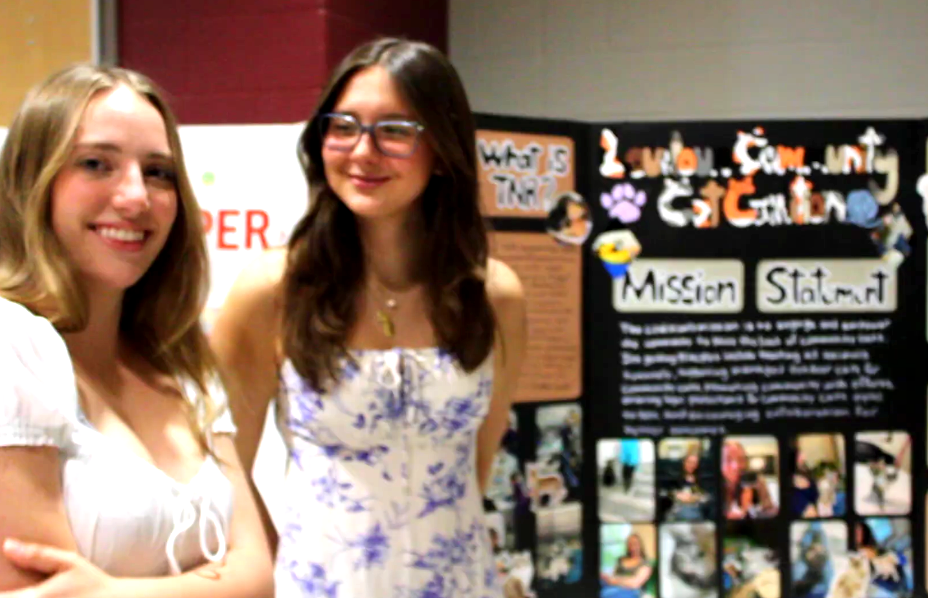
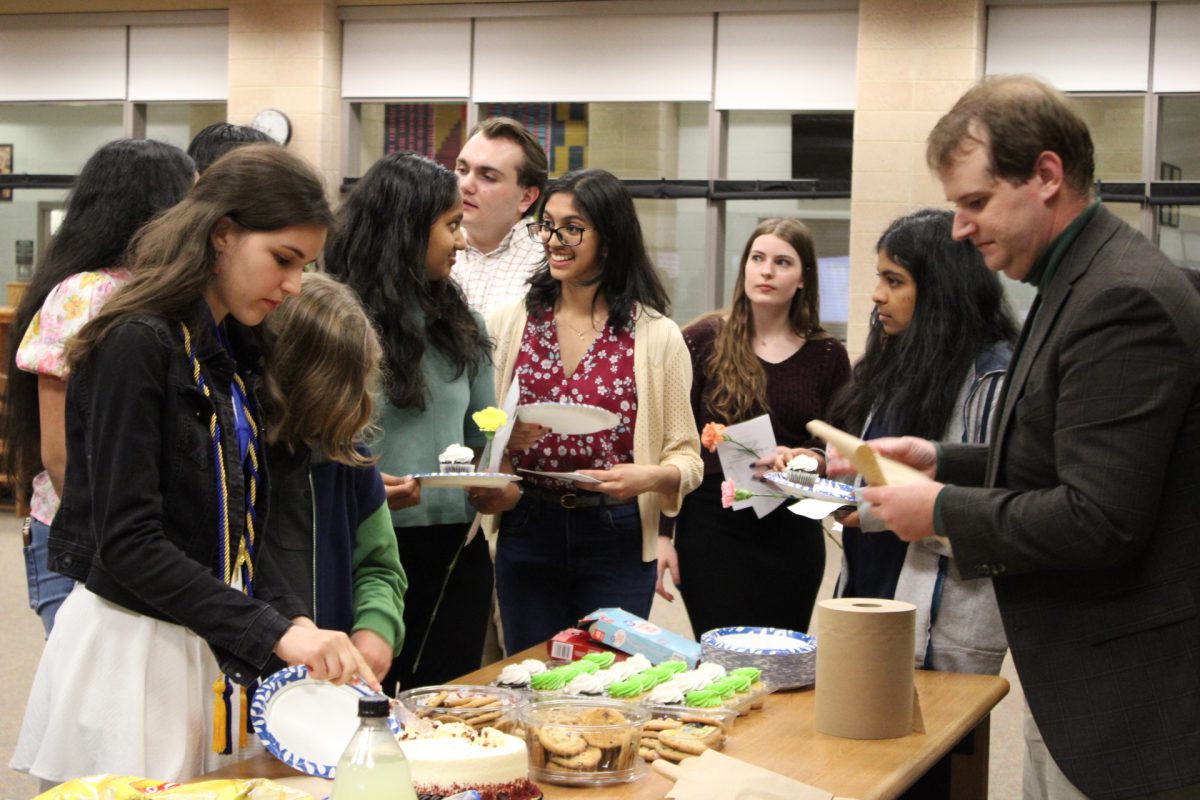










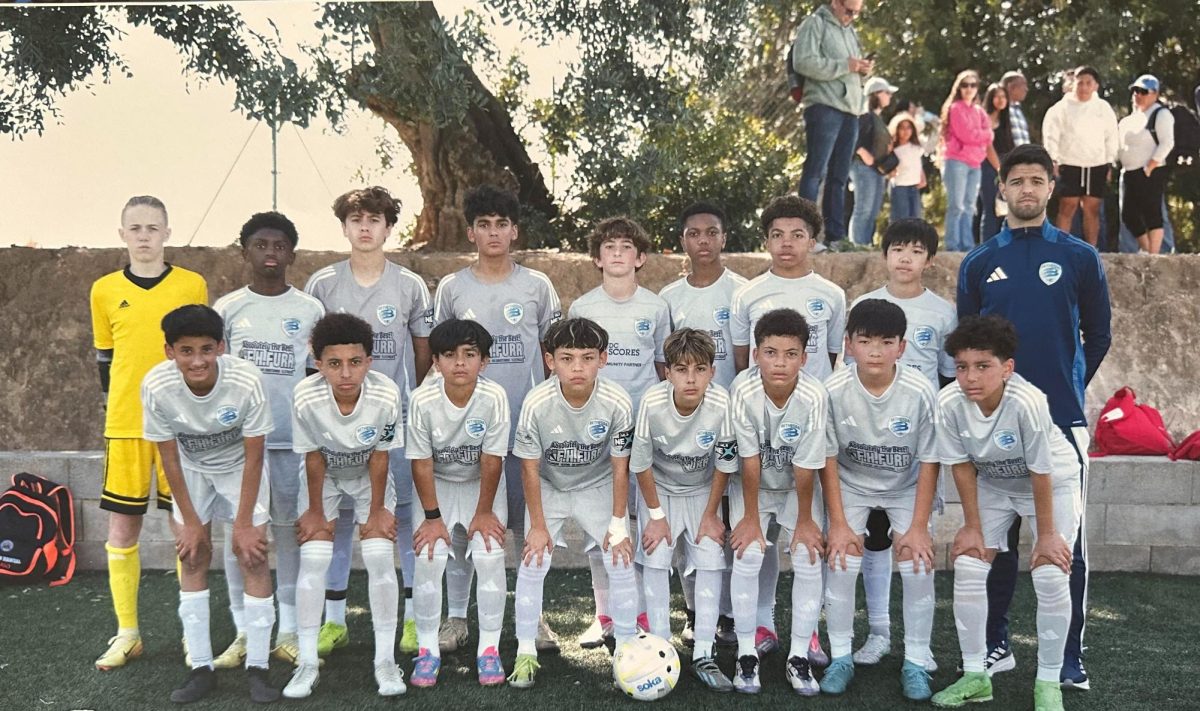



![The Phoenix varsity volleyball team lines up for the national anthem. “We were more communicative [with each other] during this game, and I feel like we kept our energy up, especially after the first set,” senior Jessica Valdov said.](https://theblazerrhs.com/wp-content/uploads/2024/10/DSC_0202-1200x800.jpg)








![Junior Alex Alkhal pitches the ball. “[I] just let it go and keep practicing so we can focus on our goal for the next game to get better as a team,” Alkhal said.](https://theblazerrhs.com/wp-content/uploads/2025/05/DSC_0013-1-1200x929.jpg)















